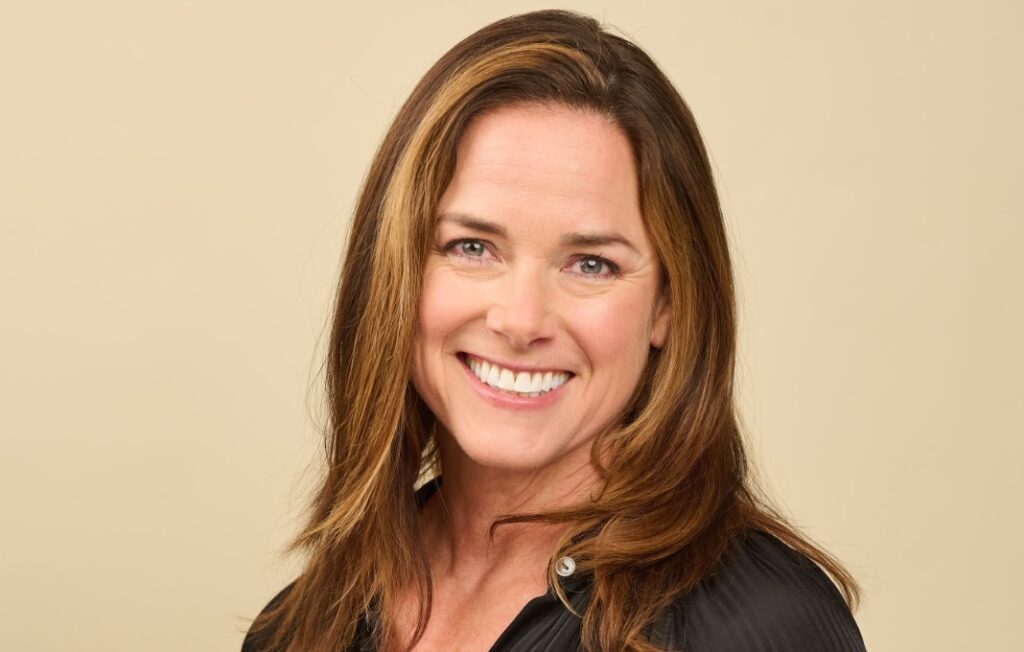The post-pandemic shift to hybrid work models and more flexible scheduling has been a huge positive for both employers and employees, says Crystal Williams, CHRO at FLEETCOR Technologies Inc., an Atlanta-based global provider of business payment solutions, including e-payables and payment cards for automated accounts payable and in-the-field employee expenses.
But sometimes it’s the little things—like being conscious of scheduling meetings to ensure working moms can be present—that can have the biggest impact. Williams spoke with StrategicCHRO360 about how FLEETCOR is embracing change, why it’s important to have women in leadership positions and what pandemic changes are here to stay.
For many Americans, the pandemic redefined jobs and workplaces. Can you explain the cultural shift to more remote work and the work from anywhere mindset and what kind of policies FLEETCOR has in place?
The pandemic showed the corporate world employees can be productive at home and companies around the world are revising their policies accordingly. The traditional 9 to 5 workday, in an office environment, is no longer the norm. Many companies are migrating to a hybrid arrangement enabling many employees to work some agreed upon combination of days at home and in the office each week—and in some instances, adopting a work from anywhere policy. These new working arrangements will likely continue long after the pandemic.
FLEETCOR has embraced this new way of working to better attract and retain the highest quality team members. We want to hire and retain people well-versed in our digital payments space, especially those who can think innovatively, so they can help our forward-thinking, fast-paced company stay ahead of the curve. Filling vacant IT positions is especially competitive for all companies, so we extended our recruiting to markets well beyond our headquarters in Atlanta to find the best talent possible.
Looking beyond just the hybrid work model, how else can companies build a more resilient culture and find the appropriate balance between employee and employer satisfaction?
To build a strong company culture and build trust between employer and employee, lead with empathy and focus on the small lift, big impact changes. For example, rather than routinely schedule 8 a.m. or 5 p.m. team meetings, consider that some of your employees may have to juggle childcare or other personal obligations and schedule your meeting during the workday. Also, if you are scheduling an in-office meeting, consider including an option for team members to dial in remotely. We also celebrate the diversity of our employee community by bringing shared attention to matters of social importance like holding employee events and hosting speakers for Juneteenth and Pride Month.
These examples require much effort on your end, but they will likely make a huge difference to your employees. It’s the little things that fuel employee satisfaction and cultivate a positive company culture. And happy, productive employees will ultimately be the difference between meeting—or missing—your business goals.
Can you expand on work-life balance when it comes to working mothers and your personal experience?
As the Covid-19 pandemic wanes, we are experiencing an entirely new crisis—a “she-session.” According to the U.S. Bureau of Labor Statistics, women lost more than 5.4 million jobs at the end of 2020, either because they were downsized or forced to take on full-time childcare as daycare centers and schools closed their doors.
Women, and employees in general, want more work-life balance and will seek more flexible work options to get it. Companies—and human resources departments in particular—must listen and act. According to a McKinsey report, company profits and share performance can be close to 50 percent higher when women are well represented at the top. Further, senior-level women are more likely to embrace employee-friendly policies and champion racial and gender diversity. They are also more likely to mentor and sponsor other women. A great example is our chief accounting officer, Alissa Vickery. who founded and is president of Women of University of Georgia Leadership Council, which fosters personal and professional growth of female alumni.
If women leaders leave the workforce, women at all levels could lose their most powerful allies and champions.
What is FLEETCOR doing to help support women in the workplace?
When I started working for FLEETCOR in 2003, there was no such thing as women leadership mentorship groups, remote or hybrid work and things like the Family and Medical Leave Act were not yet enacted.
Fast forward to today, FLEETCOR operates globally using a hybrid work model, we offer a very generous leave policy for moms and dads having or adopting babies and created Employee Resource Groups in three of our major regions—Europe, Brazil and North America—to foster female leadership within FLEETCOR.
FLEETCOR has made additional efforts to hire and retain women by implementing the Rooney Rule, where you must have at least one woman as a finalist in the hiring process before proceeding to onboard to help ensure one-quarter of the leadership team are women.
We are continuing to learn and grow in our support of women in the workplace, but I’m proud of the progress our team has made to create a more nurturing and equitable work environment.








